Danish manufacturer Zenvo Automotive’s Aurora is the true enthusiast’s hybrid hypercar
Zenvo Automotive dovetails Danish design culture with a love of high-end engineering and exceptional performance. We talk to the company’s Jens Sverdrup about its newest machine, the Aurora
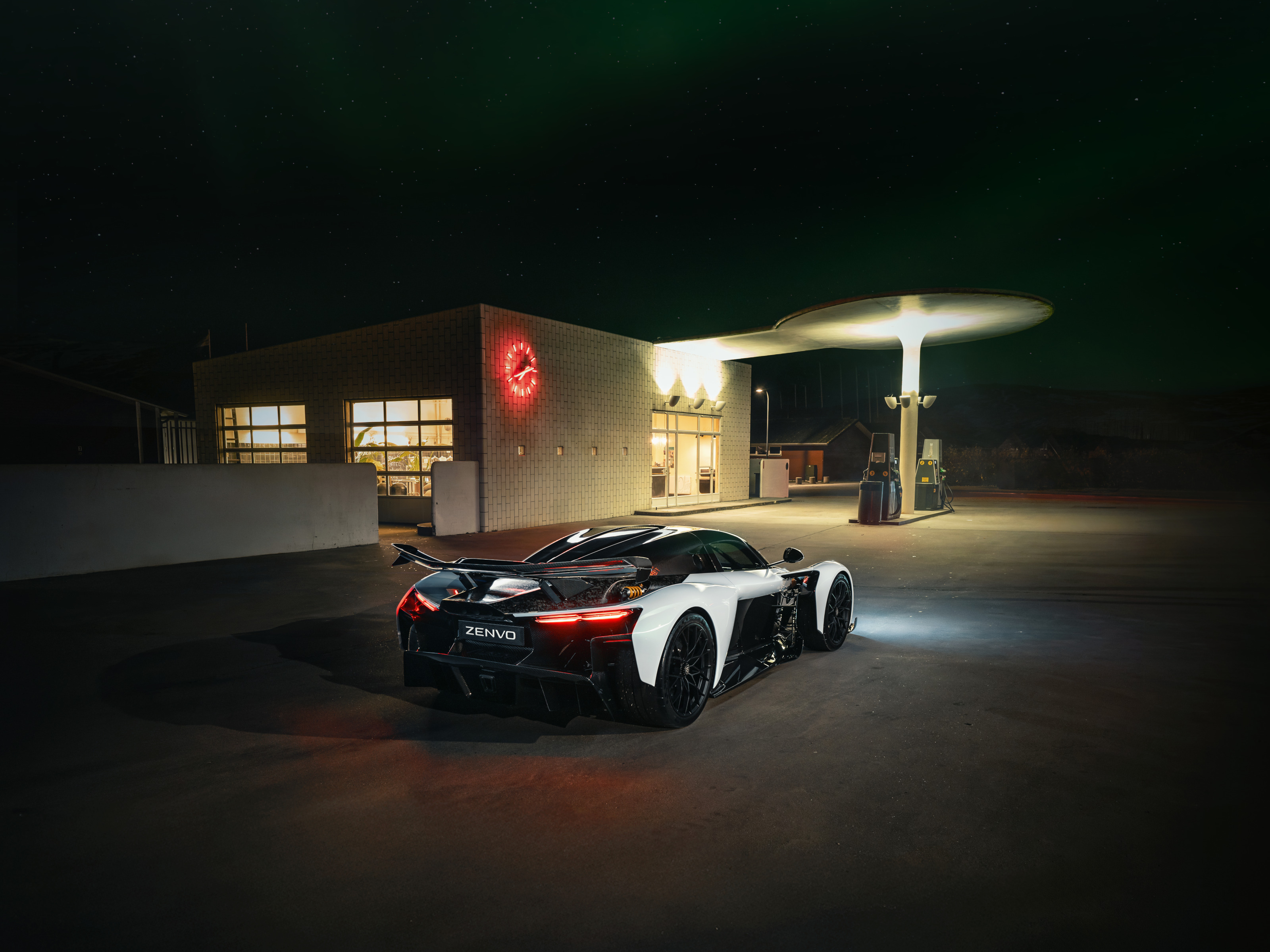
Jens Sverdrup is chairman of Zenvo Automotive, having joined the Danish company in 2021 after garnering experience amongst the upper echelons of the supercar and hypercar world, including stints at Koenigsegg, Rimac and Czinger. Zenvo itself was founded back in 2007 by Jesper Jensen and Troels Vollertsen, launching its first car in 2009, the ST1, powered by a 5.8-litre V8.
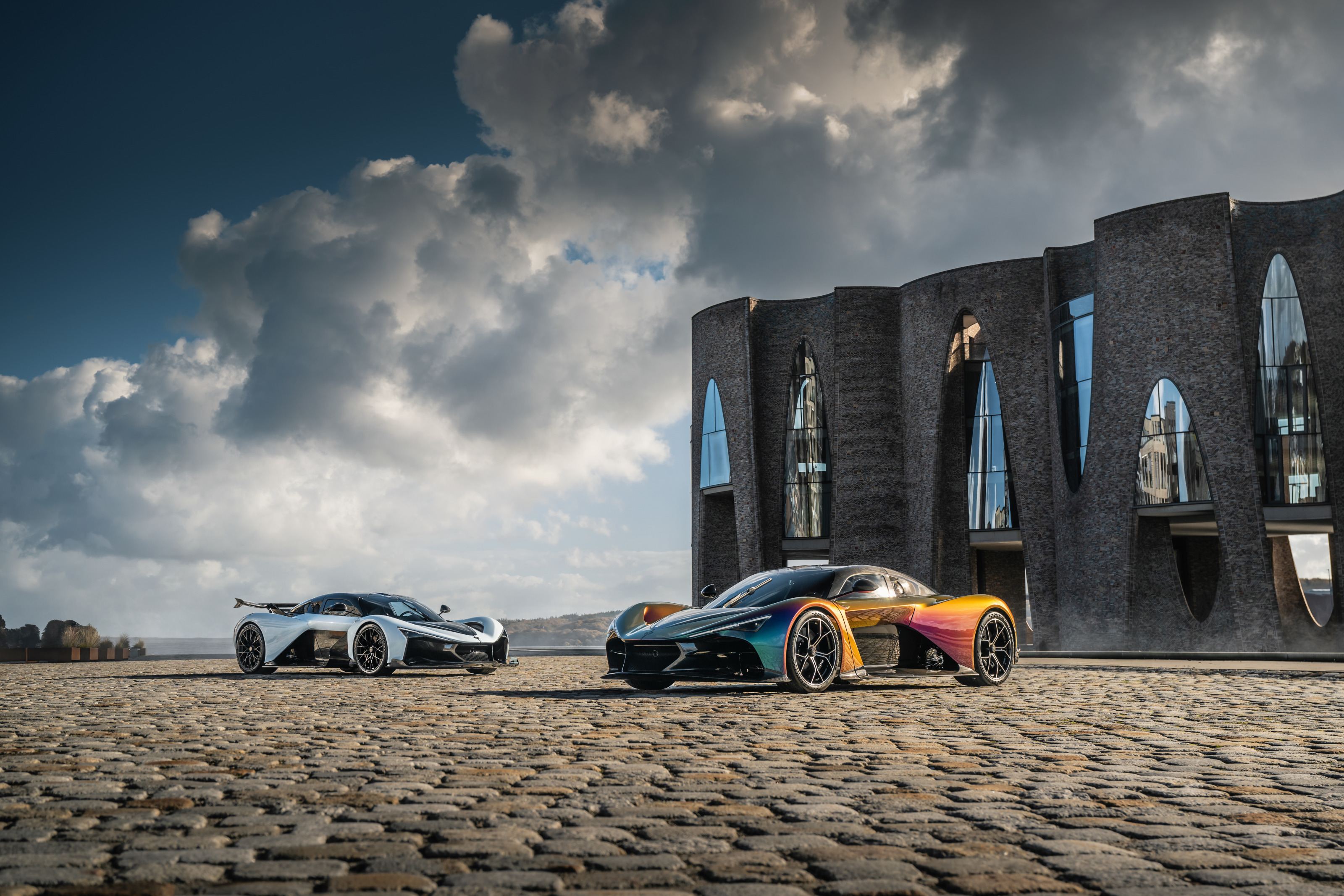
Zenvo Aurora Tur and Aurora Agil, outside the Fjordenhus by Sebastian Behmann and Studio Olafur Eliasson
Since 2009, the original ST1 has evolved, becoming the TS1, then TS1 GT, before ultimately ending in the TSR-GT, which produces a remarkable 1,360 bhp from the original V8. Production numbers have always been very limited, split between road and track-only cars, occupying a rarefied niche within a niche to cater for collectors who care more about driving and engineering and less about the badge on the bonnet.
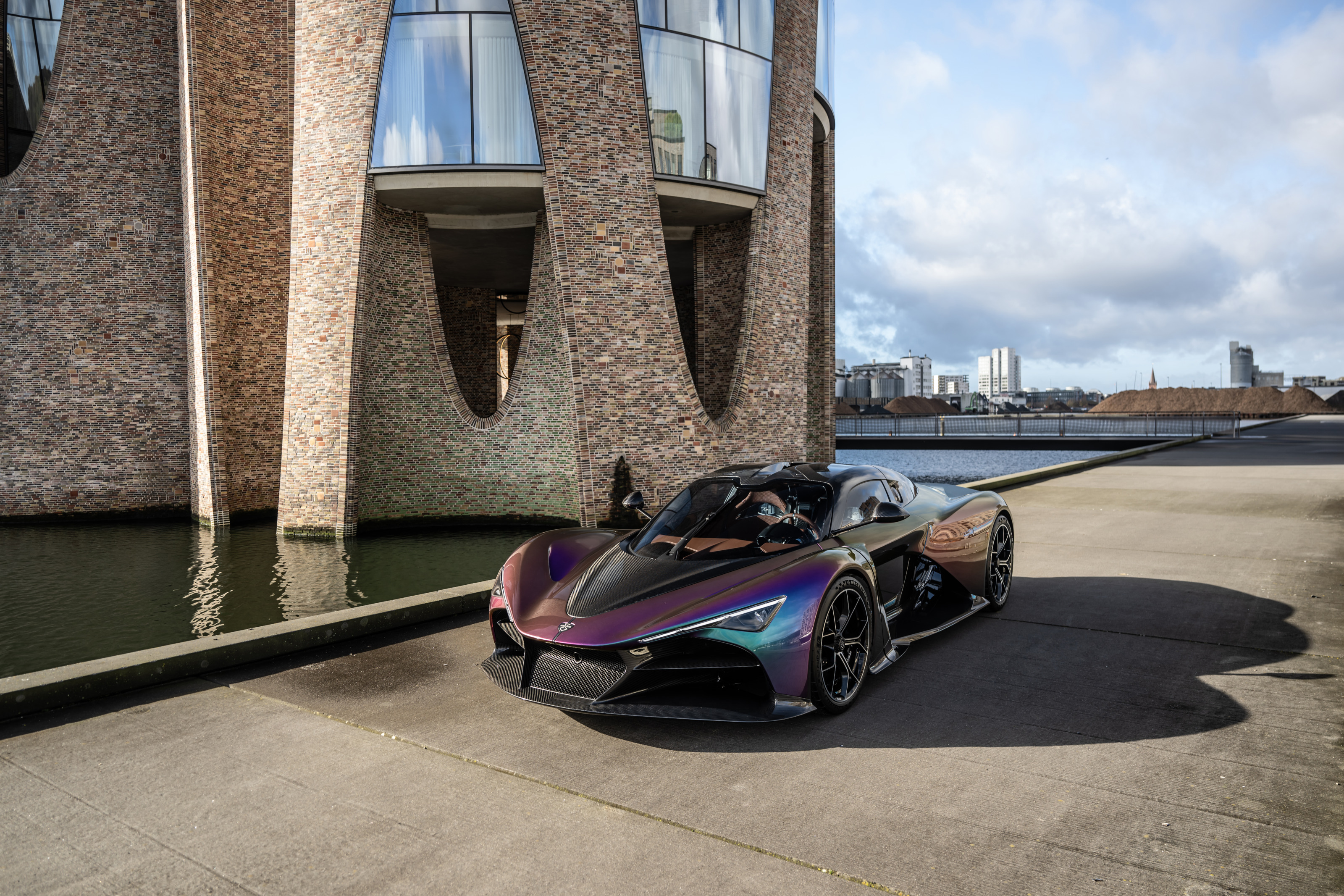
Zenvo Aurora Tur outside the Fjordenhus
Sverdrup hopes to change all that. In August 2023 the company kickstarted a new era with the launch of the all-new Aurora Agil and Tur models. We spoke to Sverdrup about his ambitions for the new models and where the company sees itself heading.

Zenvo Aurora Tur outside the Fjordenhus
Wallpaper*: How would describe the new models?
Jens Sverdrup: I’ve come into the picture to help set up the Aurora programme and beyond. We’re doing what we call Zenvo 2.0.
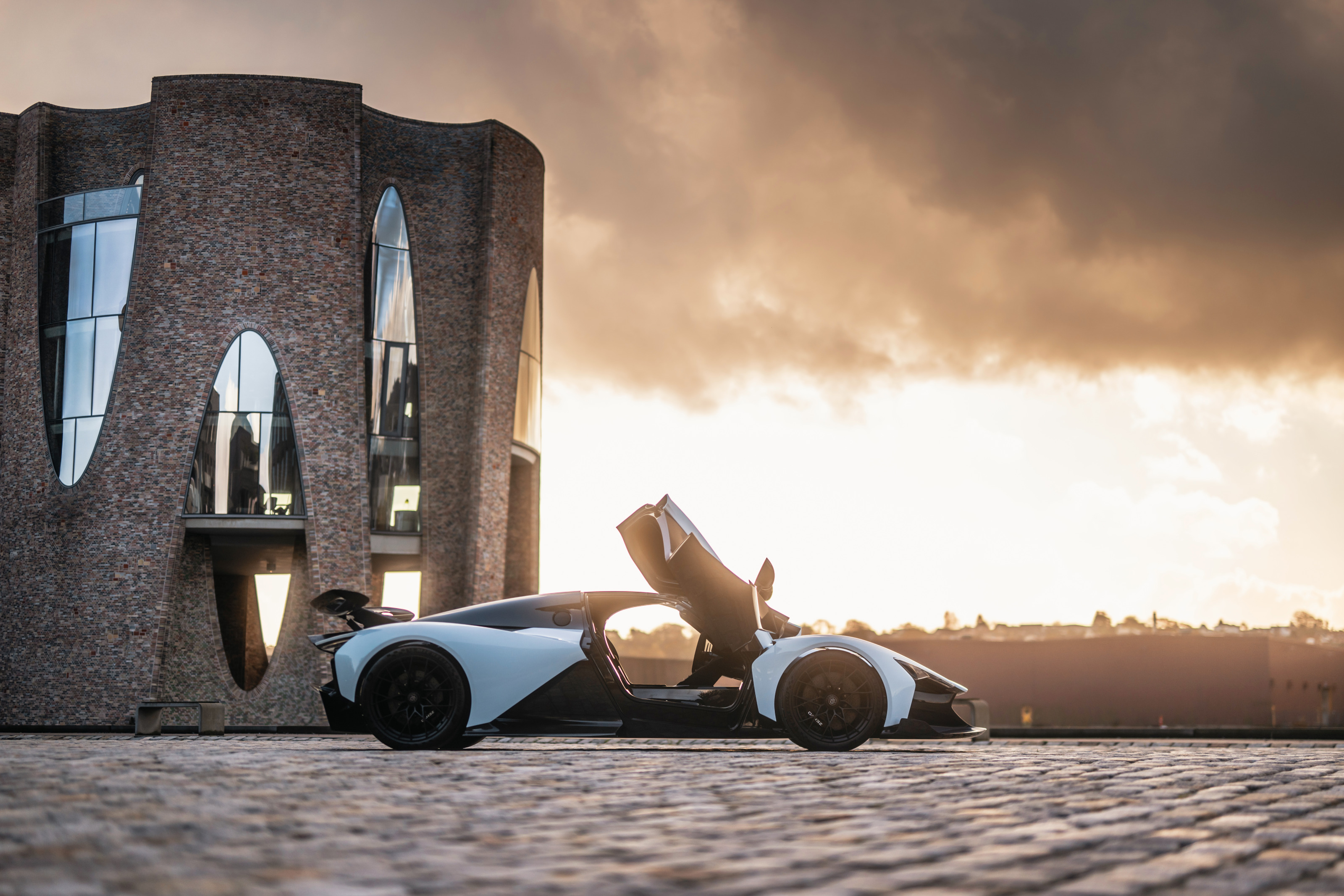
Zenvo Aurora Agil outside the Fjordenhus
W*: What challenges have you faced?
JS: I’ve known the guys here for a long time – it’s a small industry. They wanted to become the next breakthrough brand in the hypercar world, so they needed a new team. They approached me and it was like dangling a candy in front of a kid.
Wallpaper* Newsletter
Receive our daily digest of inspiration, escapism and design stories from around the world direct to your inbox.
I also really hit it off with Christian Brandt, our head of design, who is perfect for a small boutique brand where you have to wear many hats. Christian suggested we make something around a monocoque structure and they presented me with some early renders – as a car fanatic, it was hard to resist.
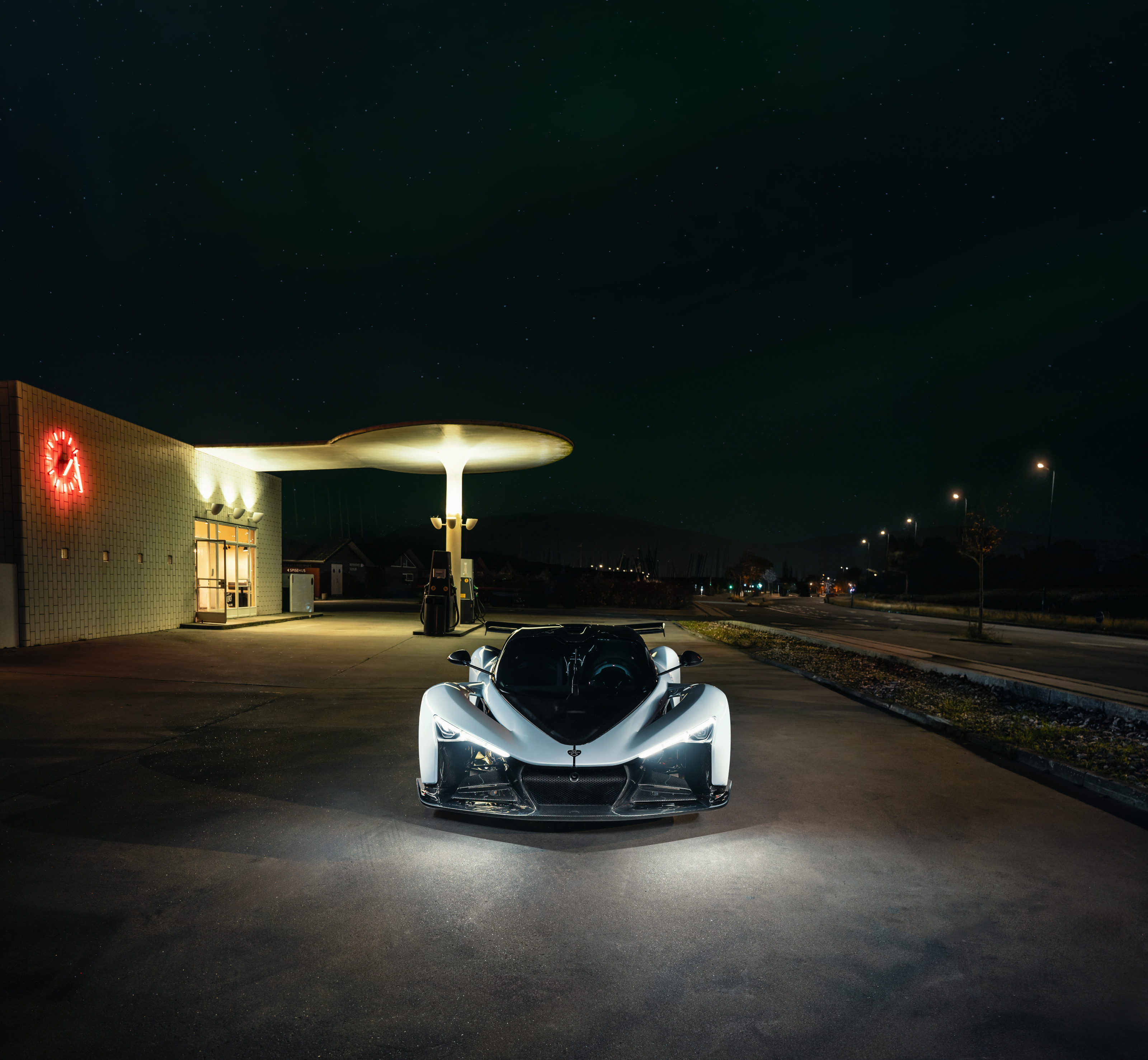
Zenvo Aurora Agil at the Skovshoved Petrol Station
W*: What was the next step?
JS: We’re in Denmark – a world-leader in design, be it architecture or furniture. There’s a very specific design language here, a sort of organic minimalism, not something that’s hard and angular like the Bauhaus. So the first step was to add more ‘Danishness’ to the design, then work on the aero. Christian played with the negative spaces, inspired by cars like the BAC Mono or Aston Martin Valkyrie.
There was all this beautiful engineering, but if you put a monolithic body on it, it hides it away. We wanted to send all the air through the car rather than over it. So it’s fully open on the sides, more like an F1 car.
‘It’s what a hypercar means to me – everything is bespoke, from the bolts down to the fluid containers‘
Jens Sverdrup, chairman of Zenvo Automotive
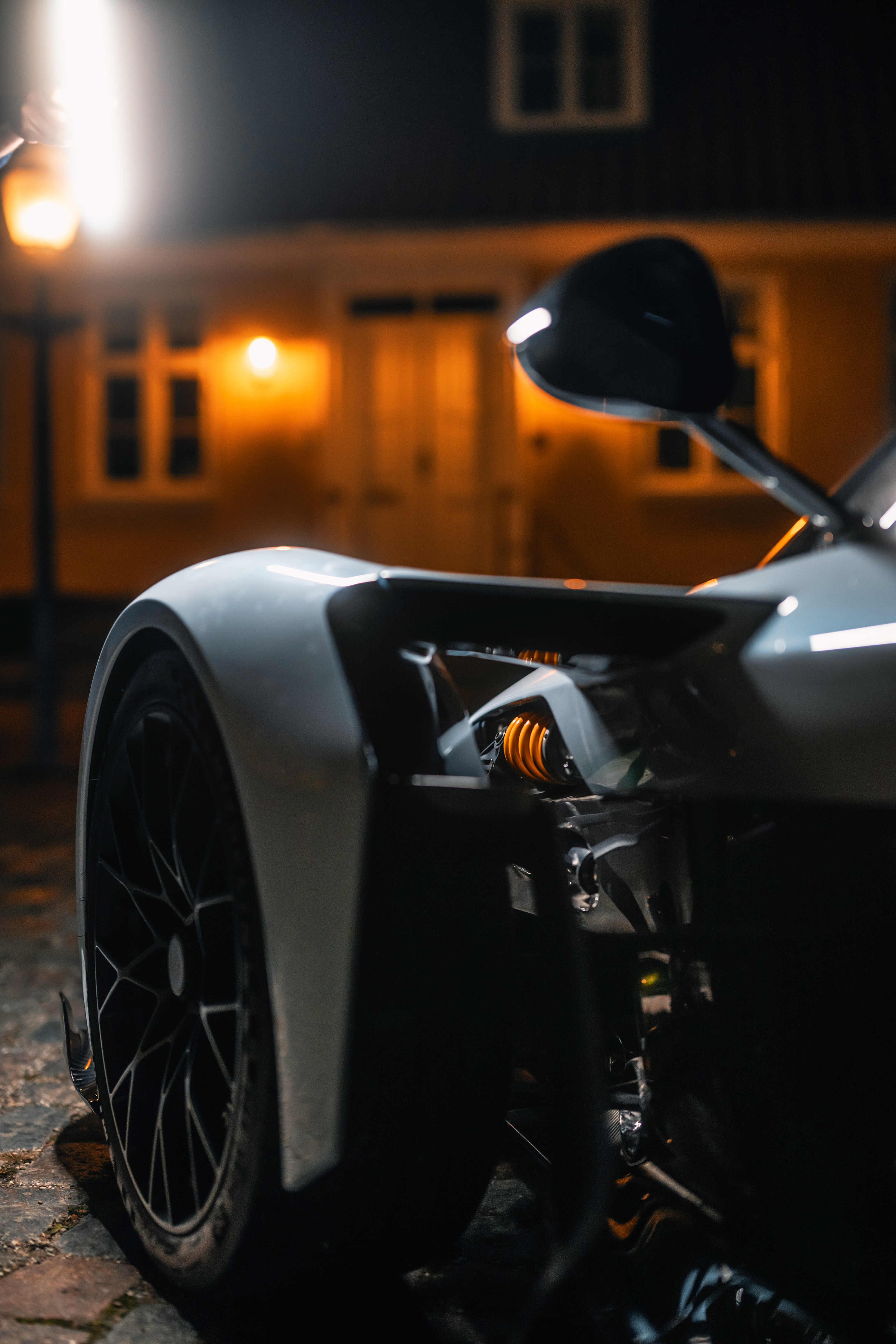
Zenvo Aurora Agil
W*: What else inspired the design?
JS: I’m a big, big fan of motorcycles – you can look at one and you can figure out how it works. So we took a similar approach – let’s only add bodywork where it needs to be. The black surfaces on the cars are the uncovered monocoque chassis. We have our engineering on display, like a Patek Philippe watch – a mechanical fascination.
W*: Is this what defines Zenvo?
JS: It’s what a hypercar means to me – everything is bespoke, from the bolts down to the fluid containers. You can see the engine, the gearbox… every part is beautifully crafted and like a work of art.
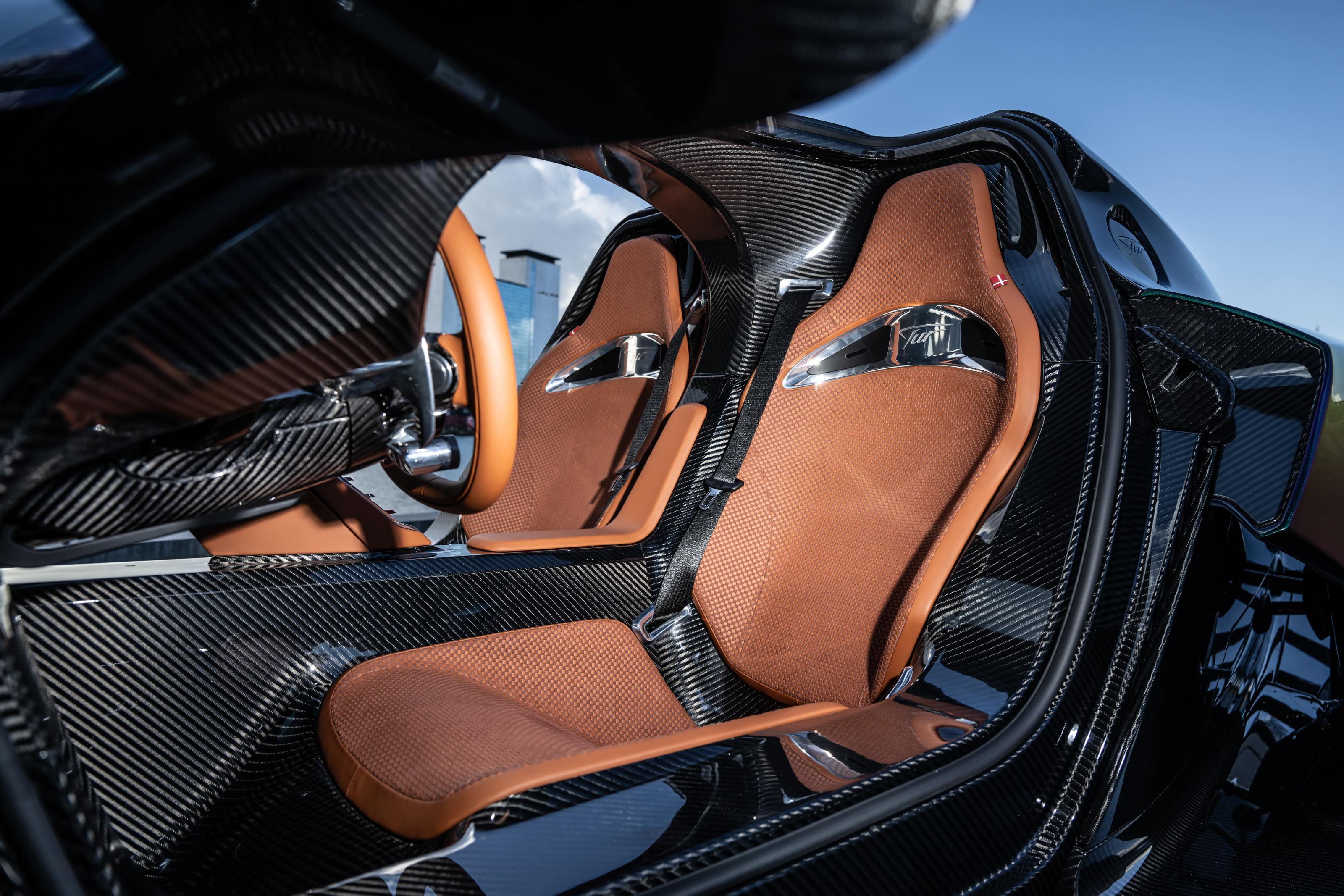
Inside the Zenvo Aurora Tur
W*: So why go with a V12 engine and not an electric drivetrain?
JS: It’s the ego part. In every company I’ve been involved with, customers wanted a V12. If they said they prefer V8s, they’re lying. We canvassed around 100 customers, dealers and even journalists to find out what they preferred. Almost everyone said V12.
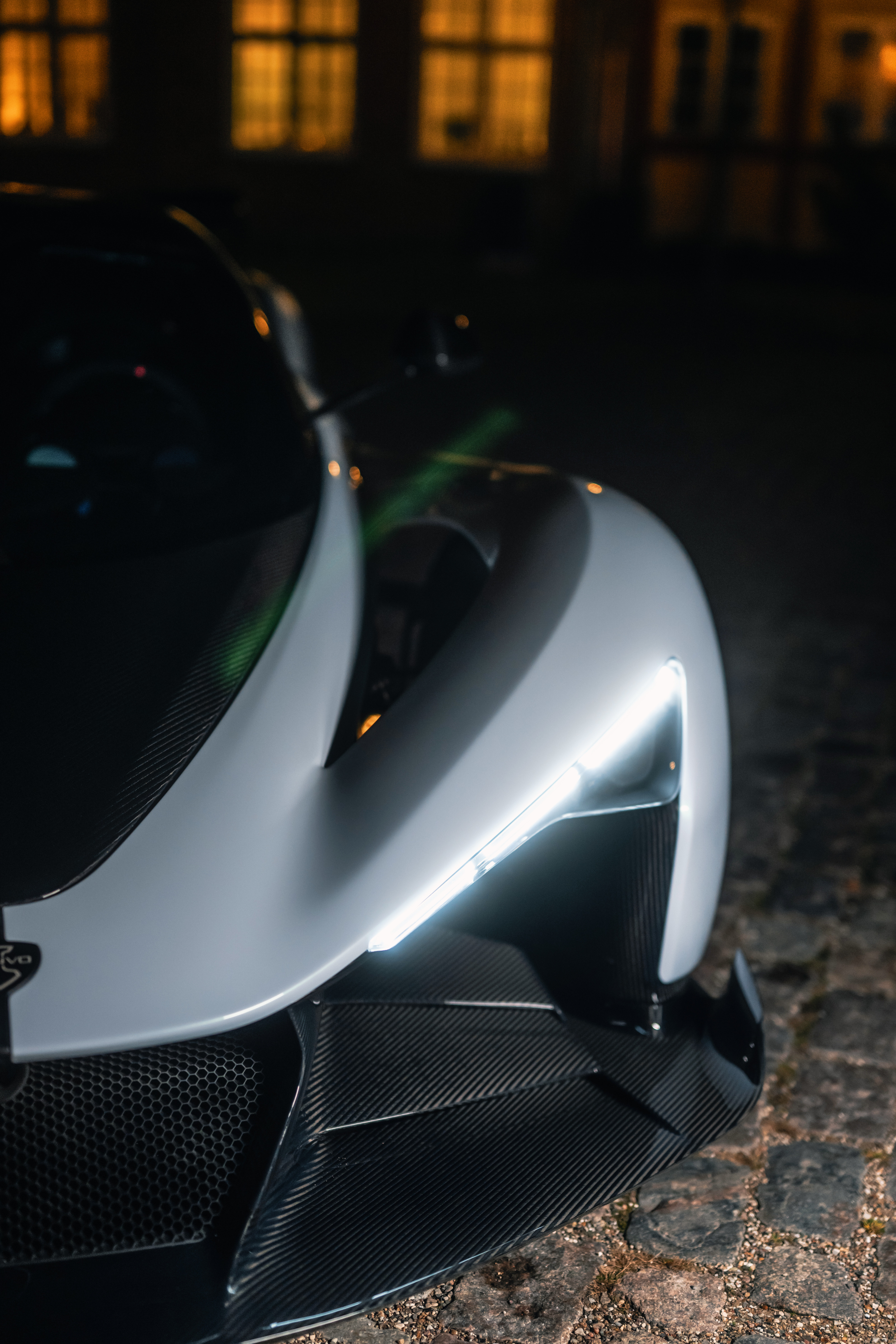
Zenvo Aurora Agil
W*: Who have you sourced your engine from?
JS: With the Aurora Agil and Tur we have very tight packaging for the engine and gearbox. It would normally cost around £60-100m to develop a V12 from scratch, so we’re working with [UK-based] MAHLE Powertrain to co-develop a modular engine, something that can be supplied to other manufacturers in order to off-load the initial expense.
‘Nobody buys a hypercar for efficiency – they buy it for emotional reasons. Electric hypercars might be extremely fast but they leave me cold emotionally’
Jens Sverdrup
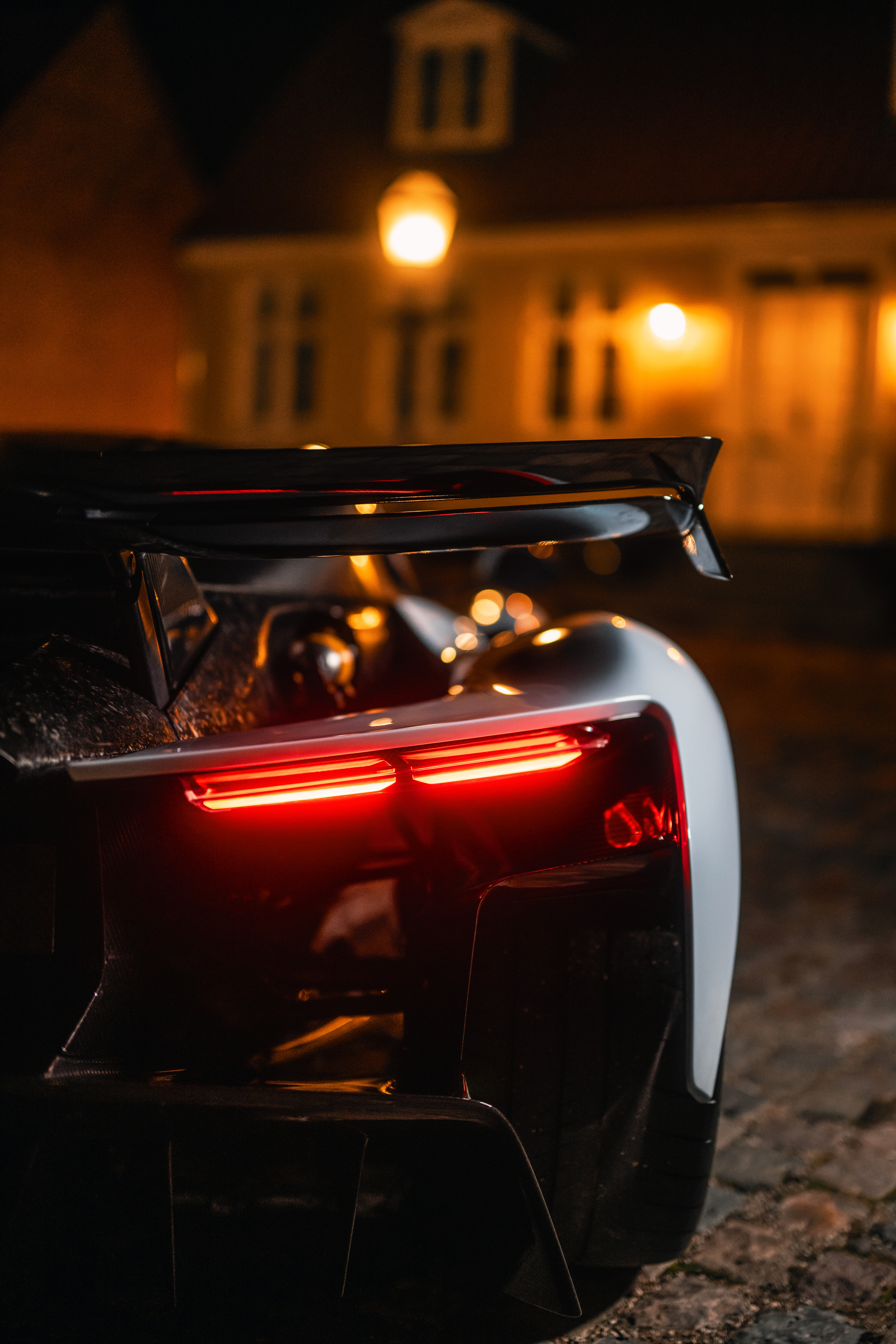
The Zenvo Aurora Agil has more advanced aerodynamic systems
W*: Do you see a future for a V12 engine?
JS: For us, the Aurora is a brand breakthrough product. A new V12 is now or never, but my gut feeling is right, and we’re drowning in enquiries from other manufacturers. Nobody buys a hypercar for efficiency – they buy it for emotional reasons. Frankly, electric hypercars might be extremely fast but they leave me cold emotionally.
The Aurora is back to basics – it should be fun at low speed or top speed. Let’s not just chase crazy performance numbers. The V12 is paired with electric motors, which also serves as the starter motor and the reverse gear. The gearbox has been co-developed with Ricardo.
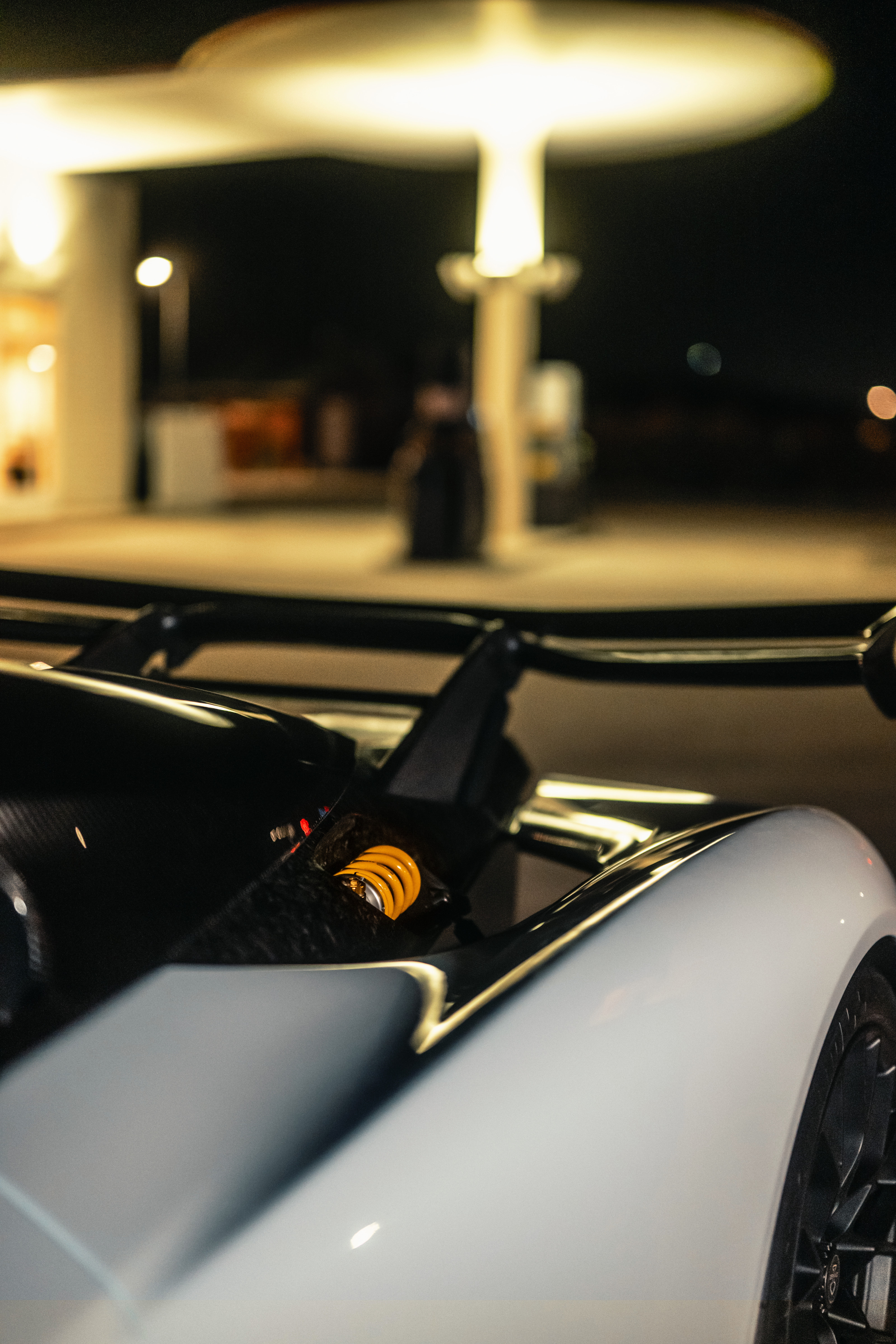
Zenvo Aurora Agil
W*: How would define a modern hypercar?
JS: It’s like an old-fashioned graphic equaliser – every slider is turned up to the maximum. But we’ve never had numbers in mind. We’re trying to build a car that’s not hugely uncomfortable – nobody cares about being 1/10th of a second faster around the Nürburgring anymore. The cars are geared for the best possible driving experience – a sensory experience [that delivers] smiles per mile.
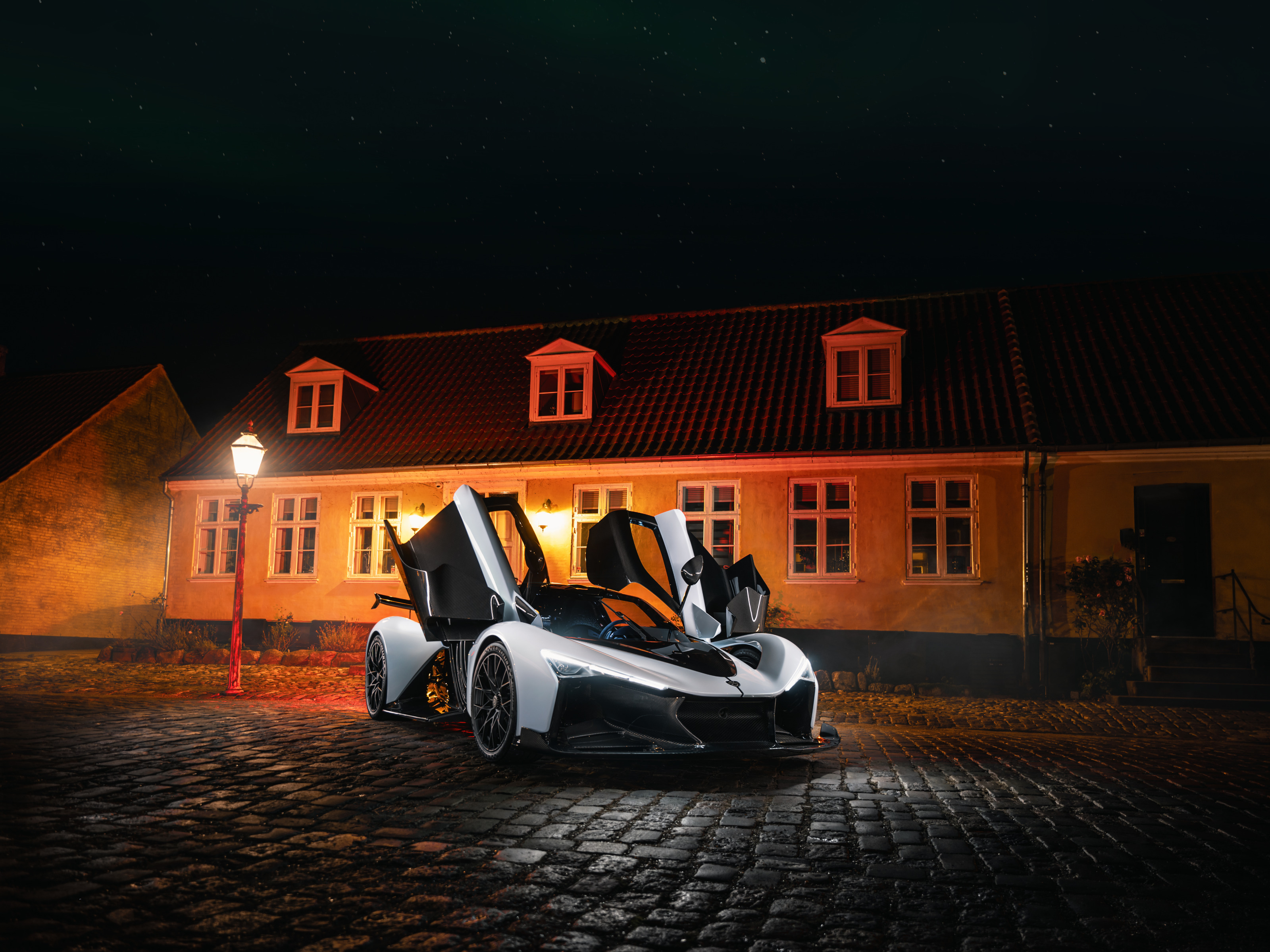
Zenvo Aurora Agil
W*: What’s the difference between the Agil and Tur models?
JS: We have two models because one can’t do it all. The Tur is four-wheel-drive, with additional electric motors on the front axle. The longer gearing is aimed at a more GT-like experience. A huge benefit of the hybrid system is being quiet at 5am – you’re not getting a lot of friends if you start a V12 at that time. You can also take it through congestion zones.
The Agil is track-focused, with more aero and a lighter, different specification. It’s rear-wheel drive and is still road legal. We’ll build 50 examples of each, with production slated to start in Q3 2026. This summer, we’ll have the VP1 prototype up and running.
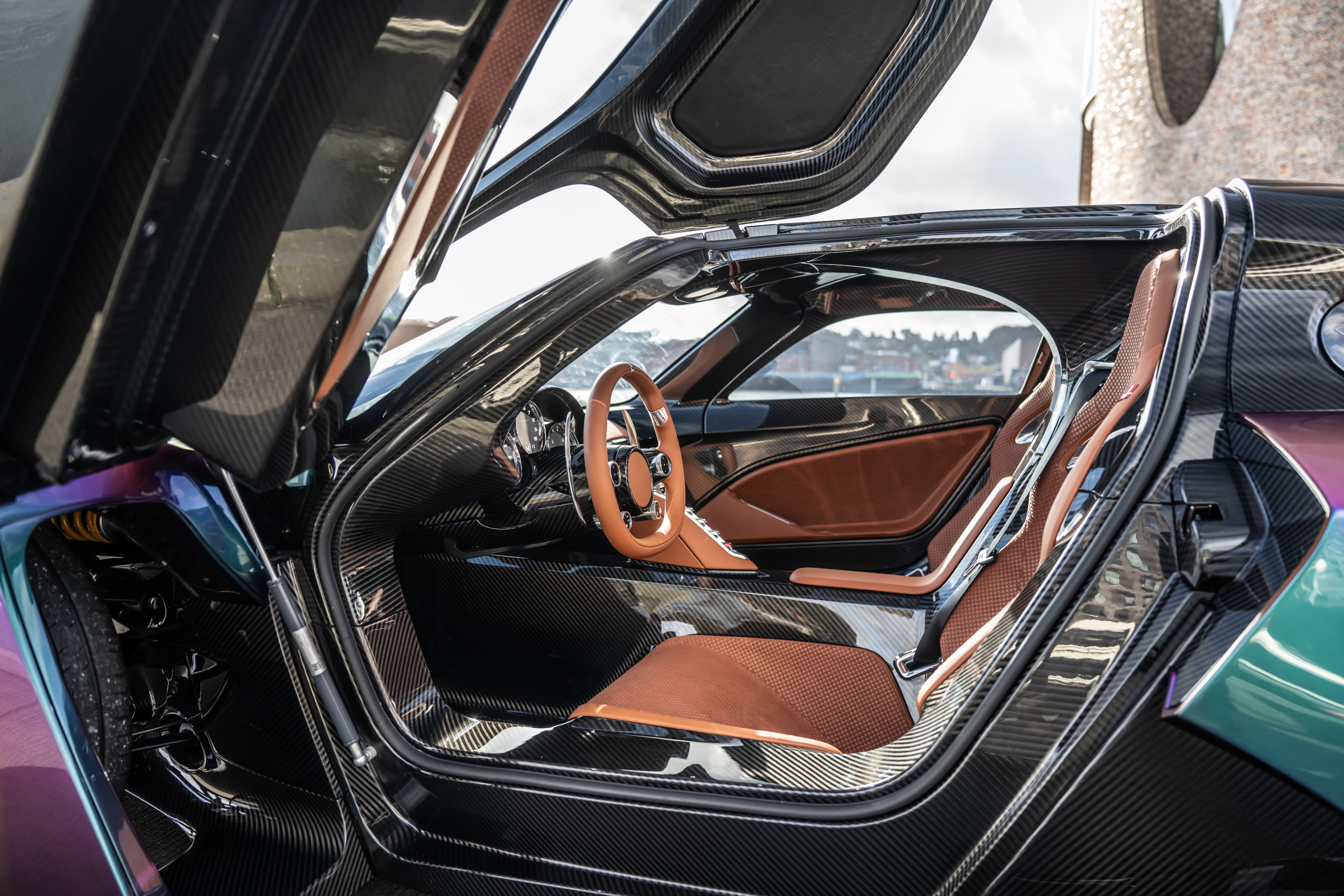
Zenvo Aurora Tur interior
W*: How have you approached the interior design?
JS: We have a very rich heritage of design. Christian wanted to make something timeless – it’ll probably be around 150 years from now. [Inside], I wanted the feeling that you’re part of the machine, like a cog, but also like you’re the missing part of a sculpture. I have a dislike of screens and technology. The reason you’re driving a hypercar is to escape the world, like riding a motorbike or a horse. Screens are cheap, they cost nothing, but we wanted a very user-friendly experience with a button for everything, not menus.
I also wanted to have analogue instruments, inspired by watches of course. The car is really high-tech, but technology is best when it doesn’t interfere and just supports you. The instrument cluster can flip around and hide the CarPlay and menus. You have all the things you need without being bombarded with data. You just don’t need all these gadgets in a Sunday morning hypercar.
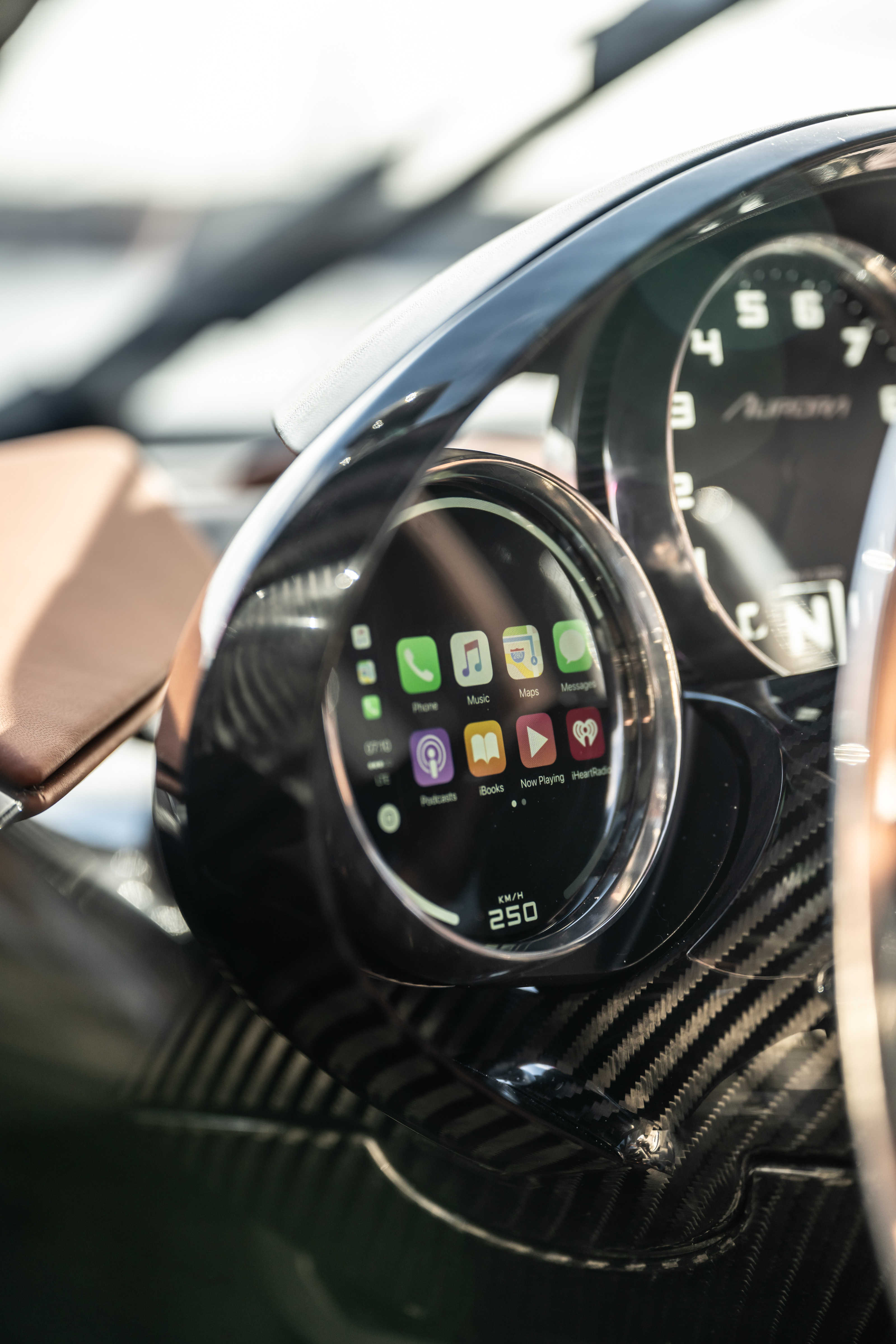
Zenvo Aurora Tur interior
W*: How do you think the Zenvo brand will evolve?
JS: The media has a hard time pinning us down. The customer knows exactly what they want. I was originally tempted not to publish any performance numbers, as we know the car will perform against the very best. But that’s not the reason the car exists – it’s a side effect of doing everything the best way possible.
Our customers are part of our journey, helping us build the brand. It’s been fascinating to see it come alive. I’m allergic to the word ‘luxury’. This isn’t about luxury, it’s about experience, and I think our customers feel the same way – we’re in the extreme sports industry, along with high-end skis, bicycles or running shoes.
We’re doing it because we love going fast and creating an expression of technology. Our customers can get luxury any day of the week. They want to feel something. This is a really, really extreme project for true enthusiasts who care, like me, about quality and artistry.
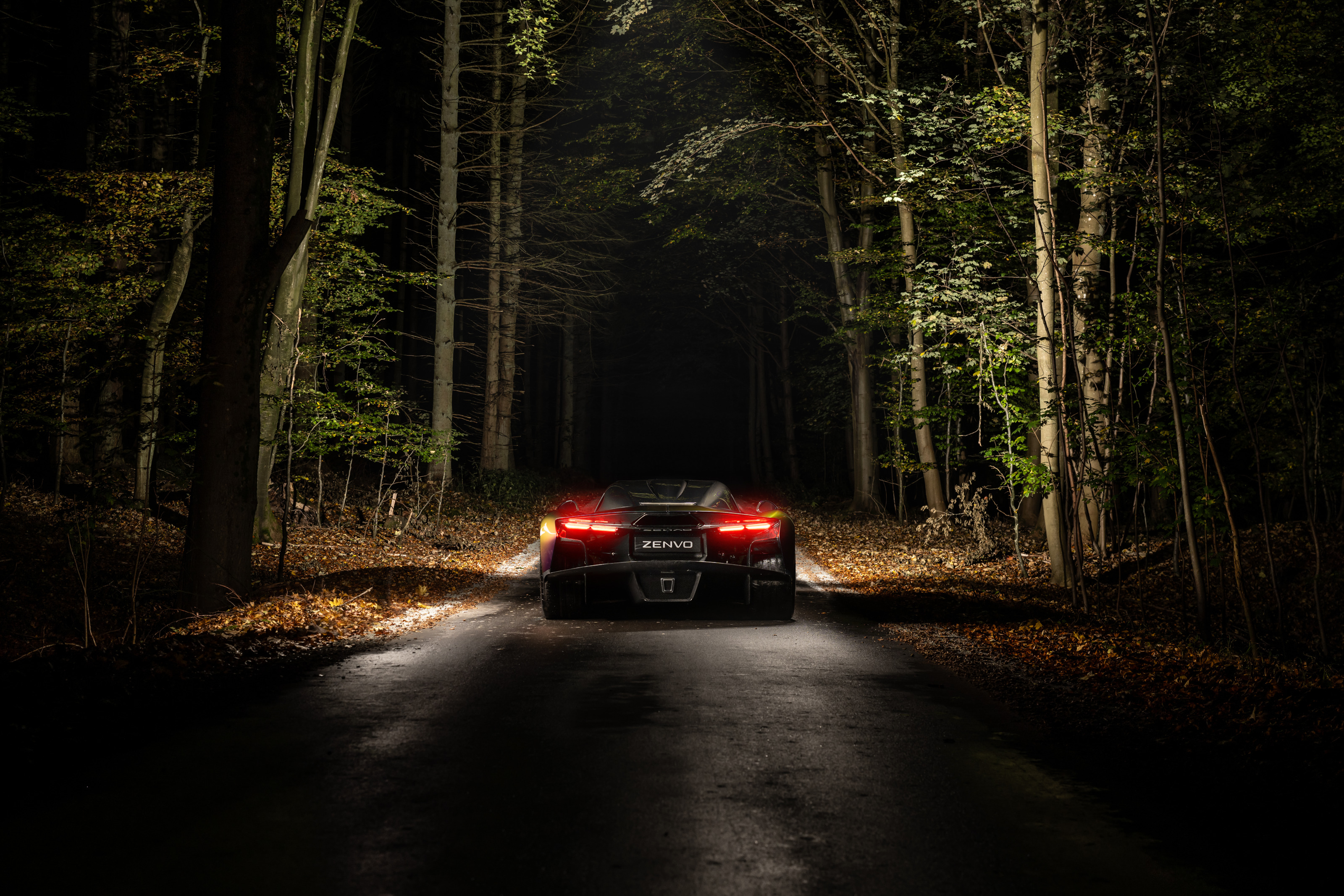
Zenvo Aurora Tur
Zenvo Aurora Agil and Aurora Tur, from around €2.6m, ZenvoAutomotive.com, @ZenvoAutomotive
All photographs by GF Williams
Jonathan Bell has written for Wallpaper* magazine since 1999, covering everything from architecture and transport design to books, tech and graphic design. He is now the magazine’s Transport and Technology Editor. Jonathan has written and edited 15 books, including Concept Car Design, 21st Century House, and The New Modern House. He is also the host of Wallpaper’s first podcast.
-
 Casa La Paz is a private retreat in Baja California full of texture and theatrics
Casa La Paz is a private retreat in Baja California full of texture and theatricsLudwig Godefroy designed Casa La Paz in Baja California, Mexico to create deep connections between the home and its surroundings
-
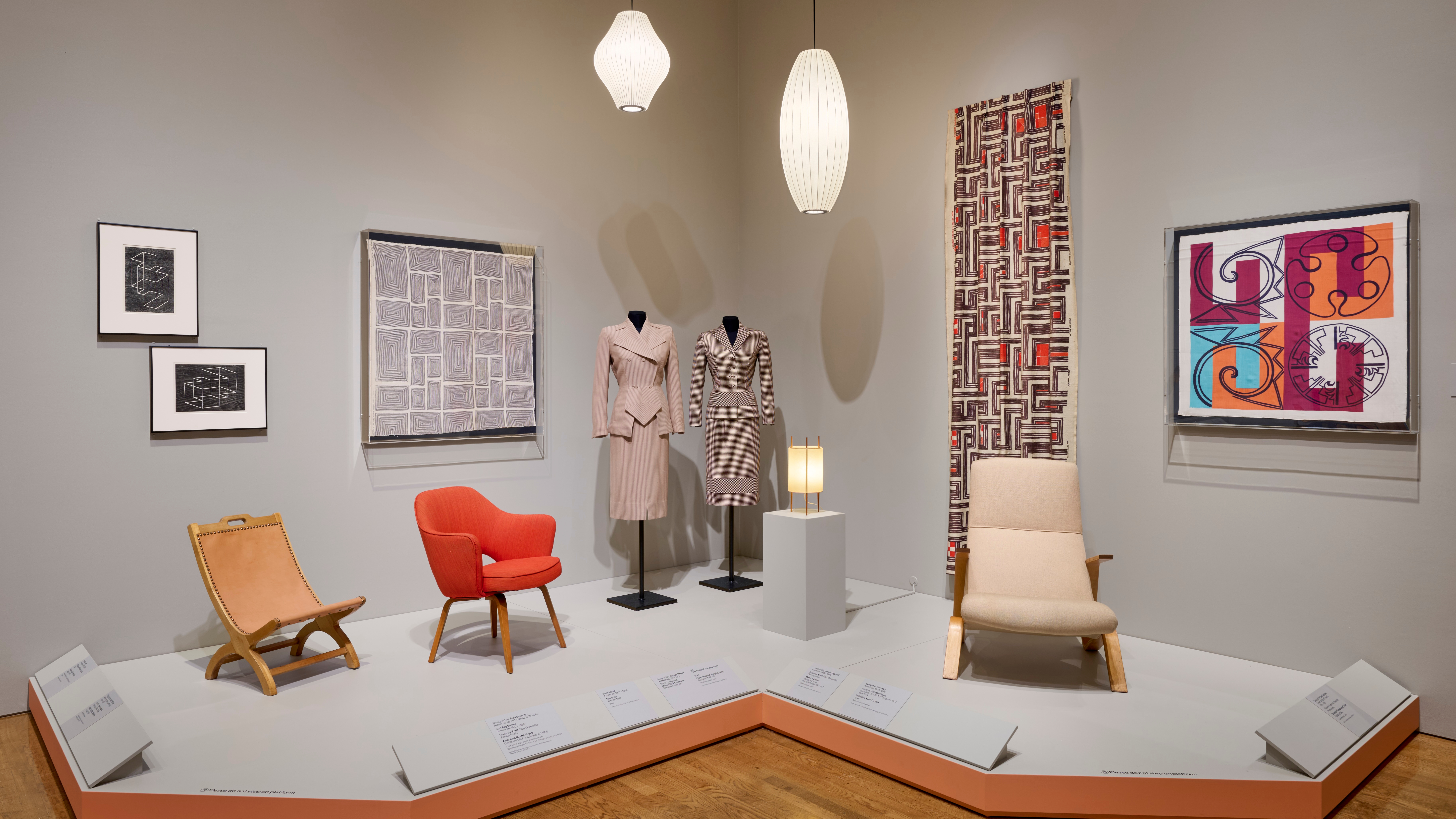 ‘Boom: Art and Design in the 1940s’ explores the creative resilience of the decade
‘Boom: Art and Design in the 1940s’ explores the creative resilience of the decadeNoguchi and Nakashima are among those who found expression and innovation in the adversity of the 1940s; take a walk through the Philadelphia Museum of Art exhibition
-
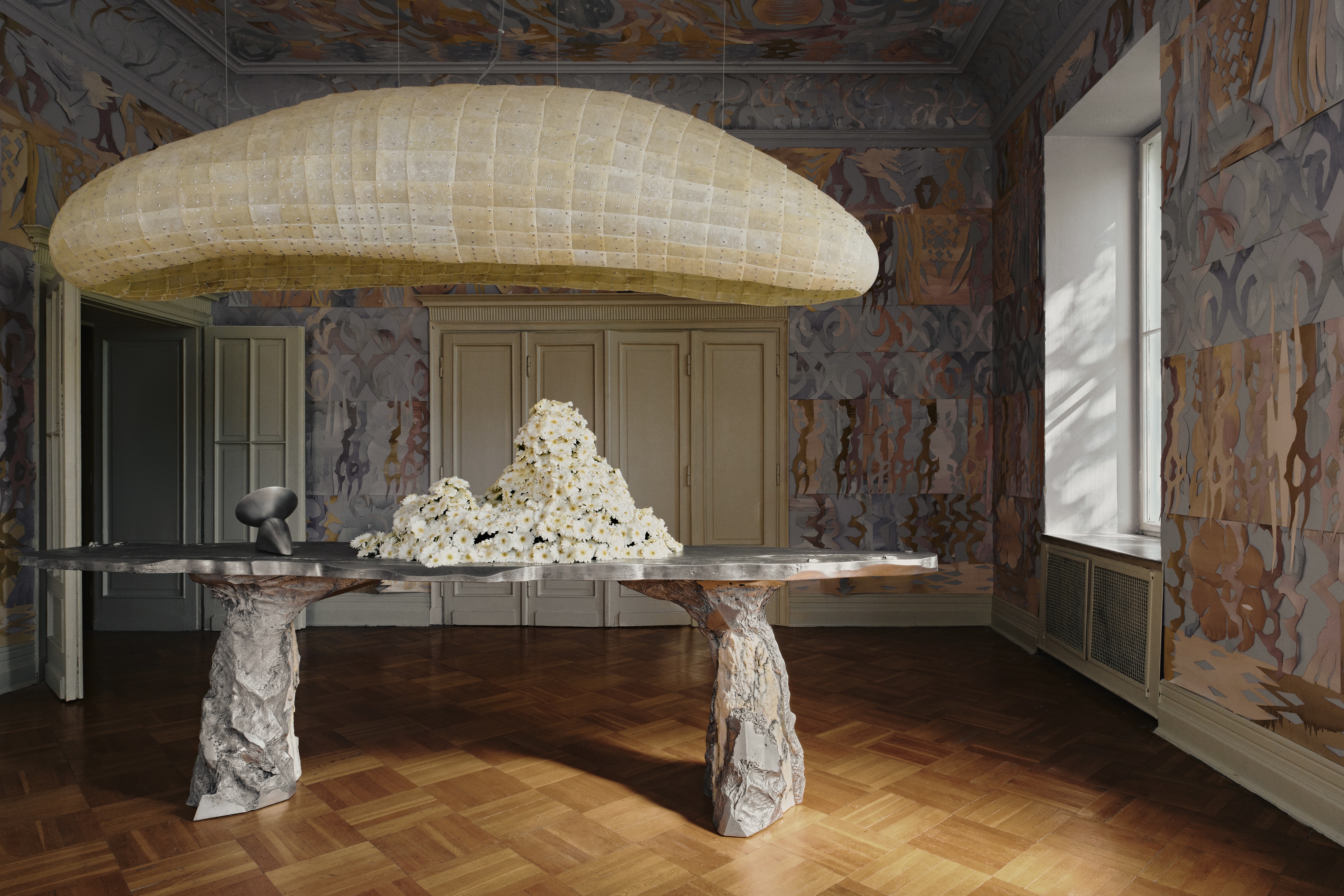 ‘Romantic brutalism’ rethinks Polish craft
‘Romantic brutalism’ rethinks Polish craftAn exhibition in Warsaw gives local makers their due, looking inside the burgeoning world of Polish design